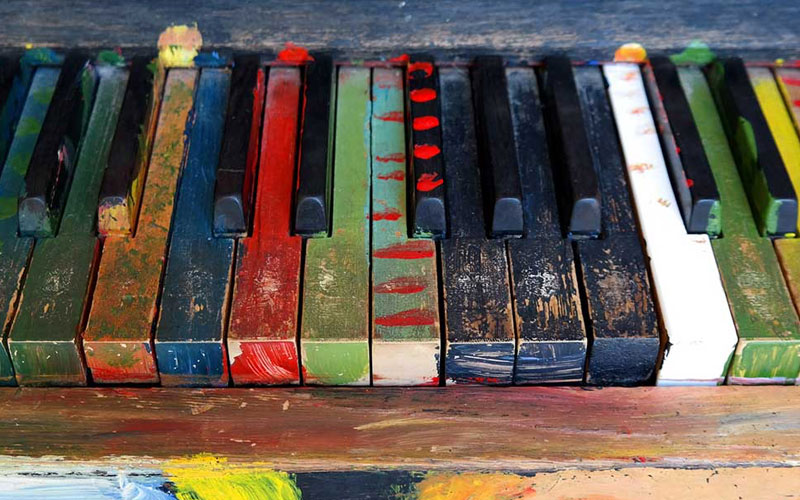Many people who want to buy a piano for the first time, wonder what to look for first on a new piano. Those people are probably new learners or parents of prospective students, and that consequently means that they have little experience when it comes to the key qualities of a piano.
Here are a few things that the inexperienced piano buyer will be normally looking for:
1.They will be wondering whether the piano (upright or grand) will easily fit next to their plasma screen in the living room.
2. The color of the piano. They will spend days debating whether a black finish will look better than a mahogany piano with their furniture. At the end, they will decide that pink color is generally not a good choice.
3. How much the piano will cost. So, instead of spending a bit more money to buy a better piano, they will decide it’s wiser to invest in a new set of suitcases for their upcoming holiday in Ibiza, and then whine that they cannot afford nice things in life.
4. How good the sound of the piano is. And this, my friends, is one of the most overvalued features of a new instrument.
The sound of the piano has none or very little importance when buying a new piano. Sorry to break the news.
Suppose, that your new piano has, indeed, the most lovely tone. So? Does it mean that if you just pressed a key, you played well? Of course not.
What counts is the choice of velocities you employed with your own technique to play a piece. The greatest piano in the hands of an inexperienced pianist will not provide a satisfactory performance. Whereas, the least maintained piano played by Horowitz will sound breathtaking. Do you get my gist? What do you think?
Sound Becomes an Extension of Our Musical Vision
So what is important then, you ask. Arguably, the most important feature of a piano is the quality of touch.
The piano sound, is subjective and the more you familiarise yourself with a piano, the least you will be concerned about its sound. Because, every piece that we play, eventually becomes an extension of how we essentially want it to sound. Therefore, what we actually start hearing, is not the clinking and clunking of our ghastly piano, but the sound that we wished it produced.
Try to buy a piano with decent key action; the better the key action, the better the results. Imagine having a great sounding piano, but with uneven touch. This wouldn’t help you at all. Well, the other way around is also possible. Nevertheless, a great sounding piano with uneven keys is not very common.
At the same time, given that everything in life is subjective, the key-action and the sound of the piano could be both subjective. Nobody can really tell you that this or that piano is better for your own, unique, circumstances. Also, nobody can guarantee that you are only going to become a great pianist if you bought a super-expensive piano. Still, by buying a top-tier piano, you could improve your chances. Except of course, if you bought a fifteen meters long grand to compliment the lamp in your living room.
So, no more excuses that it’s your piano’s fault that you didn’t become the greatest virtuoso alive. It’s not what instrument you have, I’m afraid, it’s how you use it. And as they say, It’s a poor workman that blames his tools”.
Best


